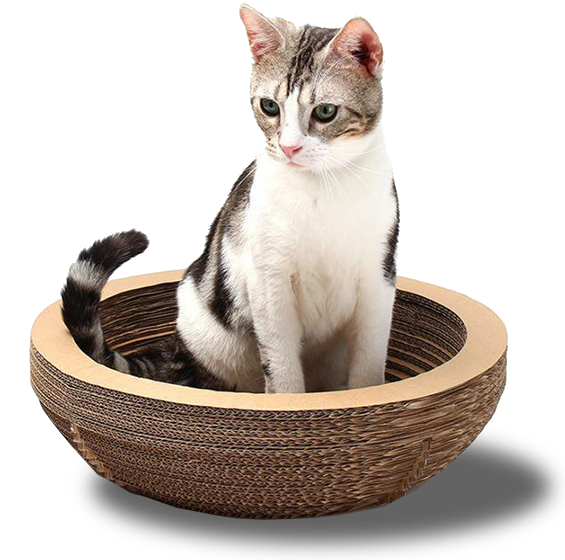

Dogs may be "man's best friends," but they are also proving to be big buddies of the multibillion-yuan pet-care industry in China.
Last year, the so-called "pet economy" in China was valued at 170.8 billion yuan (US$25.2 billion), up 27 percent from a year earlier, according to an industry white paper.
China Merchants Securities estimates that the industry will exceed 400 billion yuan in value by 2020, with a compound an annual growth rate of 33 percent.
There's no end of what we will do to pamper our pet dogs and cats. Toys to play with. Beds to sleep in. Clothes to wear. Tools to groom. And don't forget veterinary visits, dog obedience classes and pet food.
An estimated 74 million urban dwellers have pets in China. That was equal to about 9 percent of China's non-migrant urban population last year.
They are forecast to spend 2,048 yuan per pet by 2020, double the figure in 2015. That's still below the average figure in many Western countries.
Mars and Nestle are two of the big global players in China's pet products market. Mars started its China pet business in 1989 and set up the first pet-food factory in China in 1995. Nestle started plying pet products here in 2002.


Food is just part of the hype of the pet-care industry. Also on sale are products such as automatic pet feeders and "smart" pet food bowls.
Pet owners can use apps via mobile phone to see how much their pet is eating. There are also pet clothes, leashes and birthday cakes on the market.
In the digital age, online sales of pet-care products are rising.

Mars said that its products are sold on most of e-commerce platforms. The company has partnerships with sales platforms Tmall and JD.com. During the “Double 11” shopping event last November, Mars Petcare said it added a record 78,000 pet owners.
Loic Moutault, president of Royal Canin, said the Chinese team offered discounts on the day and live-streamed information on how to take care of puppies and kittens.
"It was a combination of education and promotion,” he said. “In 2017, sales exceeded 90 million yuan in one day."
Ju Yi, 28, is now an owner of a company with more than 30 employees and more than 10 cats. Founded in 2015, the company features specialized services for cats and dogs. With his love for pets, this young boy has expanded a brand-new pet market in China.
Ju launched their signature product "MollyBox" in 2017. It is a box containing cat food, snacks, toys and living goods. The sales model is subscription-based: Customers pay a certain amount of money, and receive a box every month. The box has different prices, but each of them is entirely customized for each pet according to the information provided by their owners.
In the past three years, Ju succeeded in developing his company to a considerable scale. But when talking about the history, he didn’t think there was many difficulties.